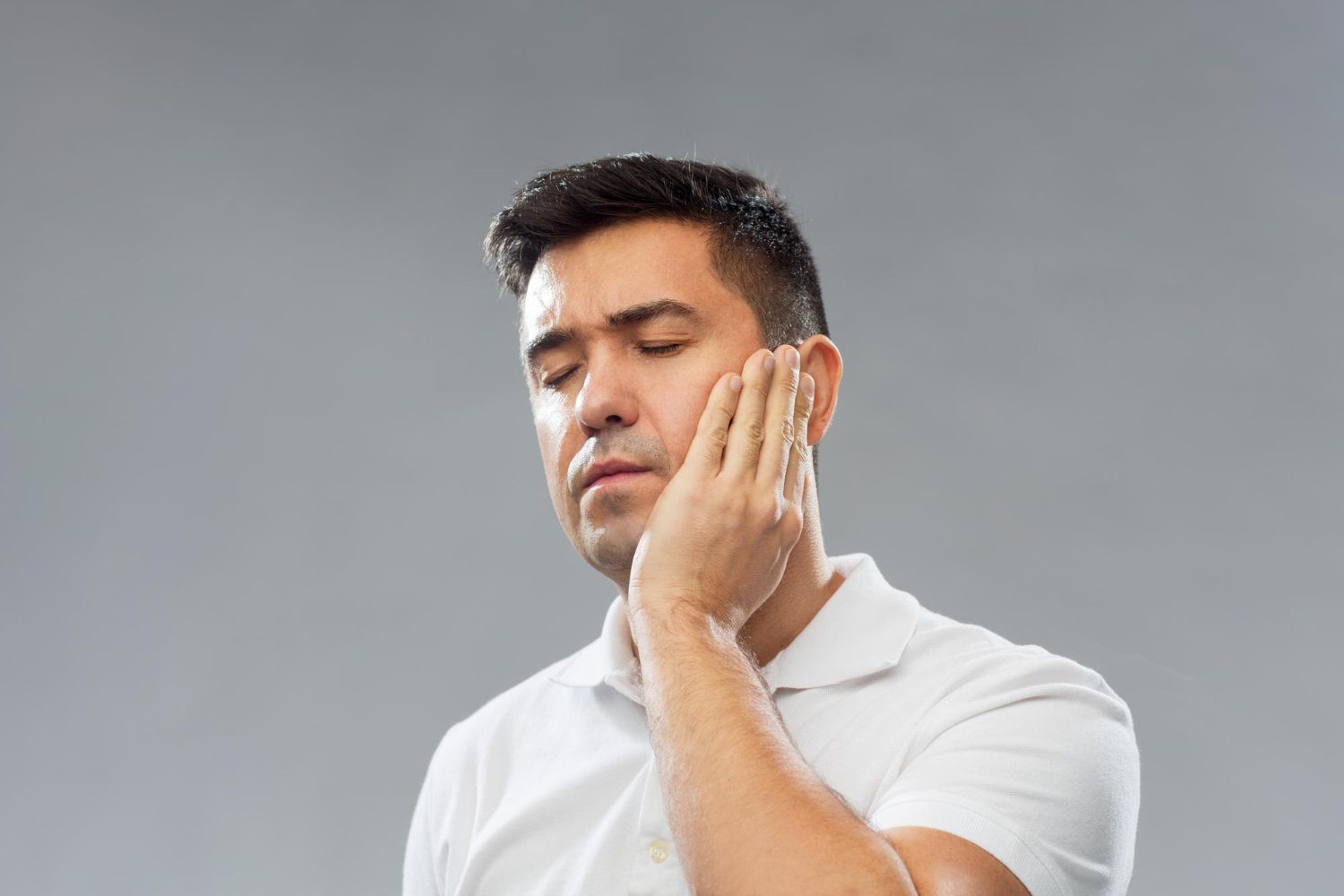Understanding Myofascial Release Therapy for TMJ Disorders and Head and Facial Pain Relief

TMJ disorders and head and facial pain can have a significant impact on an individual's quality of life, often causing discomfort, disruption to daily activities, and sleep disturbances. As a professional in treating these conditions, Dr. Cameron Kuehne and our team at The Center for Sleep Apnea and TMJ are dedicated to helping patients in Meridian find effective solutions to manage their symptoms and improve their overall well-being. One treatment option that you might not be familiar with but that has demonstrated promise for addressing TMJ disorders and head and facial pain is myofascial release therapy.
Myofascial release therapy is a manual therapy technique that focuses on relieving pain and tension in the body by addressing restrictions in the fascia—the connective tissue that surrounds muscles, bones, and organs. This therapeutic approach seeks to restore balance and function by identifying and releasing areas of tightness and tension, contributing to improved muscle function, reduced stress on joints, and more effective pain management.
In this blog post, we will explore the science behind myofascial release therapy and its potential benefits for those suffering from TMJ disorders and head and facial pain. We'll discuss how this therapy can complement other treatment approaches, such as oral appliance therapy and physical therapy, to offer comprehensive relief to individuals afflicted by these conditions.
The Science Behind Myofascial Release Therapy
To better understand the potential benefits of myofascial release therapy for TMJ disorders and head and facial pain, it's essential first to grasp the underlying science behind this technique. Myofascial release therapy targets the fascia, a continuous network of connective tissue that surrounds our muscles, bones, and organs. When this tissue becomes tight, restricted, or injured, it can contribute to pain, dysfunction, and an array of symptoms, including those related to TMJ disorders and head and facial pain.
Myofascial Release Therapy: A Hands-On Approach
Myofascial release therapy is a hands-on, manual therapy that focuses on applying gentle, sustained pressure to restricted areas within the fascial system. A skilled practitioner can identify these restrictions by feeling for areas of increased tension, tightness, or reduced tissue mobility. This therapy aims to release these restrictions, restore more natural movement patterns, and ultimately alleviate pain and discomfort.
How Myofascial Release Therapy Can Benefit TMJ Disorders and Head and Facial Pain Patients
The benefits of myofascial release therapy make it a promising treatment option for individuals suffering from TMJ disorders and head and facial pain, as it can:
- Reduce Pain and Muscle Tension: By releasing fascial restrictions, myofascial release therapy can alleviate pain, muscle tension, and discomfort in the jaw, face, and head.
- Improve Range of Motion: By restoring the natural elasticity of the fascial system, myofascial release therapy can improve jaw function and range of motion, essential factors in managing TMJ disorders.
- Enhance Posture and Body Mechanics: Myofascial release therapy can also help correct imbalances that contribute to poor posture and body mechanics, which can exacerbate TMJ disorders and head and facial pain.
- Support Overall Well-being: As a holistic approach to healing, myofascial release therapy can reduce stress and promote relaxation, factors that bolster overall well-being and facilitate recovery from TMJ disorders and head and facial pain.
Complementing Myofascial Release Therapy with Other Treatment Options
While myofascial release therapy offers potential benefits for managing TMJ disorders and head and facial pain, it's crucial to remember that this approach is just one piece of a comprehensive treatment plan. Dr. Cameron Kuehne and our team may recommend combining myofascial release therapy with other treatment options, such as:
- Oral Appliance Therapy: Custom-made oral appliances can help manage TMJ disorders and head and facial pain by promoting a more favorable jaw position and reducing muscle strain.
- Physical Therapy: Targeted exercises and therapies can improve strength, flexibility, and function in the jaw, head, and facial muscles, further supporting the benefits of myofascial release therapy.
- Relaxation Techniques: Stress management and relaxation techniques, such as deep breathing or meditation, can help manage the emotional and physiological aspects of TMJ disorders and head and facial pain.
- Lifestyle Modifications: Dr. Cameron Kuehne and our team may also recommend lifestyle changes, such as implementing ergonomic workstations, adjusting sleeping positions, or making dietary modifications, to support long-term pain relief and improved function.
Taking the First Step: Determining if Myofascial Release Therapy is Right for You
Identifying the right combination of treatments to address your TMJ disorders and head and facial pain requires collaboration between you and our team. During your initial consultation with Dr. Cameron Kuehne, we'll assess your specific symptoms, medical history, and individual needs to determine if myofascial release therapy is a suitable option for you.
Conclusion
Myofascial release therapy offers a promising non-invasive and drug-free treatment option for individuals suffering from TMJ disorders and head and facial pain. By working closely with Dr. Cameron Kuehne.
At The Center for Sleep Apnea and TMJ, you can explore the potential benefits of this
TMJ disorder treatment in Meridian and other comprehensive treatment options tailored to your unique needs. Take control of your health and well-being; contact us today to schedule your consultation and begin your journey toward lasting relief.










